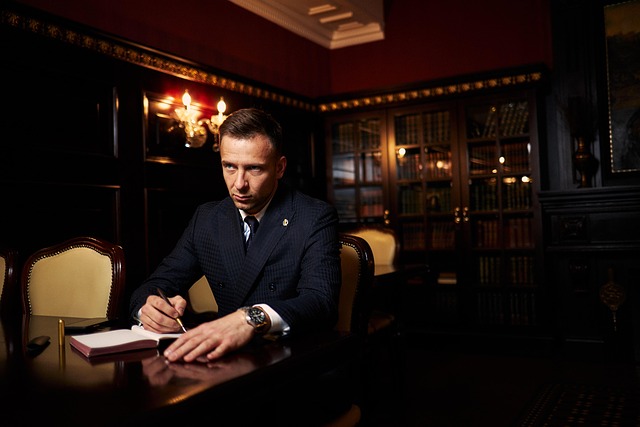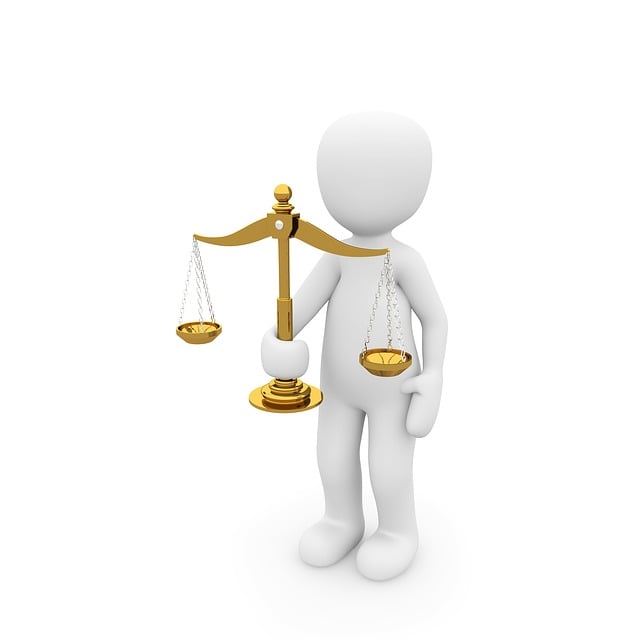The Role of Defense Counsel in Criminal Procedure is crucial for fairness, advocating for accused individuals' rights, and navigating complex legalities. Skilled defense lawyers employ strategic tactics like cross-examination, evidence scrutiny, and legal objections to challenge prosecution, ultimately shaping outcomes, setting precedents, and fostering public trust in the justice system.
“Dive into the intricate world of criminal law cases, where every trial is a complex dance between justice and advocacy. This article explores the foundational elements of understanding criminal law, with a spotlight on The Critical Role of Defense Counsel. From strategic defense strategies to ethical considerations, we delve into how these professionals navigate the criminal procedure. Unravel the impact they have, ensuring fairness and safeguarding rights in our legal system.”
- Understanding Criminal Law Cases: A Foundation
- The Critical Role of Defense Counsel
- Strategic Defense Strategies and Their Impact
- Ethical Considerations for Defense Lawyers
Understanding Criminal Law Cases: A Foundation
Criminal law cases form a critical component of any legal system, shaping society’s response to acts deemed harmful or threatening. Understanding these cases requires delving into the intricate web of laws, procedures, and rights that guide criminal investigations and trials. At the heart of this process lies the role of Defense Counsel, who plays a pivotal part in ensuring fairness for his clients throughout all stages of the investigative and enforcement process.
Defense Counsel serves as a guardian of individual liberties, advocating for the rights of the accused. His or her responsibilities span from providing legal advice during pre-trial hearings to cross-examining witnesses and presenting mitigating evidence during trials. This strategic involvement is essential in balancing the scales of justice, offering a counterpoint to prosecution arguments, and ultimately determining the outcome for his clients in what can be a labyrinthine legal process.
The Critical Role of Defense Counsel
The Role of Defense Counsel in Criminal Procedure is nothing short of critical. They serve as a crucial safeguard for both corporate and individual clients facing criminal charges, particularly in complex cases involving white-collar and economic crimes. These legal professionals are tasked with ensuring that justice is not only served but also that the rights of their clients are rigorously protected throughout the entire process.
Skilled defense counsel play a pivotal role in navigating the intricate legal landscape. They thoroughly examine the evidence, identify potential weaknesses or inconsistencies in the prosecution’s case, and develop robust legal strategies. Through effective cross-examination, they challenge witness testimonies and present alternative theories, aiming for the complete dismissal of all charges if possible. This meticulous approach not only strengthens the defense but also ensures that any legal decisions are well-informed and strategically sound.
Strategic Defense Strategies and Their Impact
In criminal law cases, strategic defense strategies played by defense counsel are pivotal in shaping the outcome of a trial. The Role of Defense Counsel in Criminal Procedure involves meticulously crafting arguments that challenge the prosecution’s evidence and findings. Skilled attorneys employ various tactics to protect their clients’ rights, ensuring fair trials within the legal framework. These strategies include presenting alibis, disputing witness testimonies, and raising legal objections to admit or exclude evidence.
The impact of these defenses reverberates through the justice system, affecting not only the immediate case but also setting precedents for future similar cases. Effective defense can lead to reduced charges, acquittals, or mitigated sentences, thereby influencing the overall perception of the criminal justice system. Furthermore, successful defense strategies benefit the respective business, philanthropic, and political communities by ensuring that legal processes are fair and just, fostering public trust in the system. In the case of white-collar defenses, for instance, sophisticated legal arguments can expose loopholes or ambiguities in laws, offering a more nuanced approach to criminal law practices.
Ethical Considerations for Defense Lawyers
The role of defense counsel is pivotal in ensuring a fair criminal procedure, balancing the scales against prosecution overreach. Ethical considerations for defense lawyers are multifaceted, especially when dealing with complex cases like white-collar and economic crimes. Maintaining client confidentiality, avoiding conflicts of interest, and refraining from false or misleading tactics are fundamental principles that underpin their professional conduct. Lawyers must also be adept at navigating the legal complexities, constructing robust defenses, and advocating for their clients’ rights without compromising integrity.
Winning challenging defense verdicts requires strategic thinking and a deep understanding of the law. Defense attorneys play a crucial role in avoiding indictment by scrutinizing evidence, challenging witness testimonies, and leveraging legal loopholes or procedural errors. They must be adept at building character defenses, mitigating damages, and negotiating plea bargains when necessary, all while upholding ethical standards.
In conclusion, understanding criminal law cases requires a foundational grasp on key components like defense strategies and ethical considerations. The role of defense counsel in criminal procedure is pivotal, ensuring fairness and safeguarding the rights of the accused. Strategic defenses can significantly impact outcomes, while ethical conduct fosters public trust in the legal system. By balancing these elements, defense lawyers play a critical role in navigating complex criminal cases and upholding justice.






